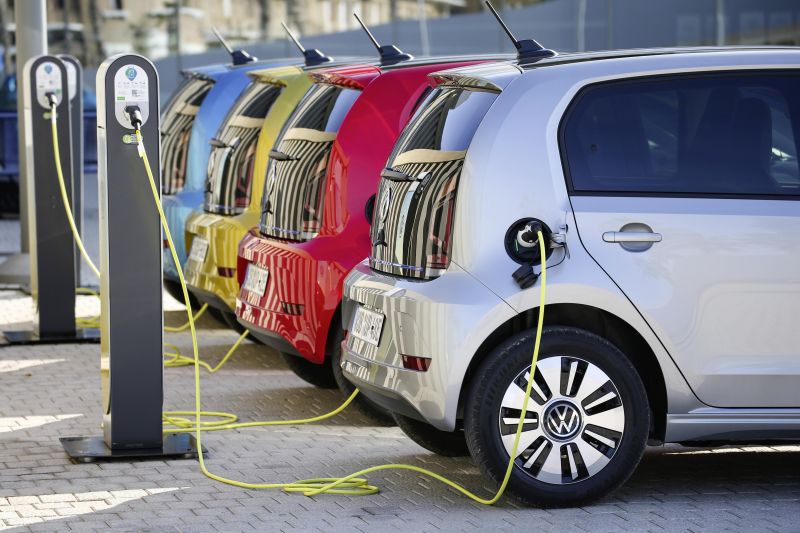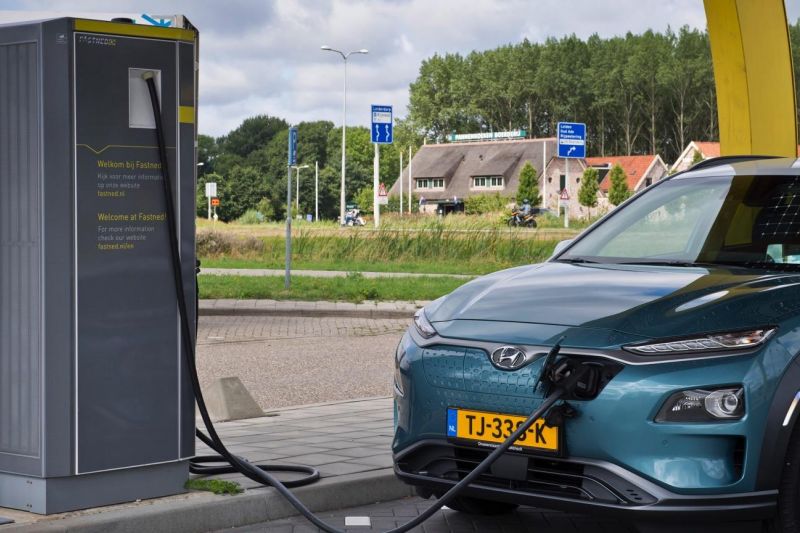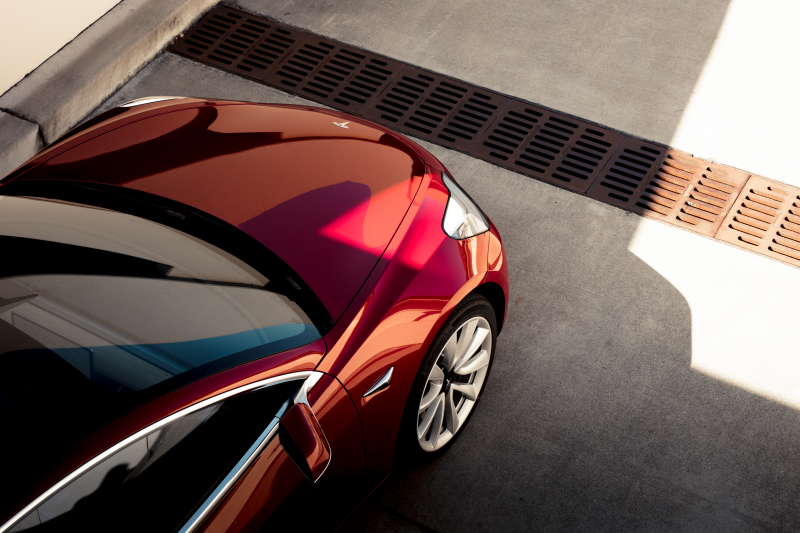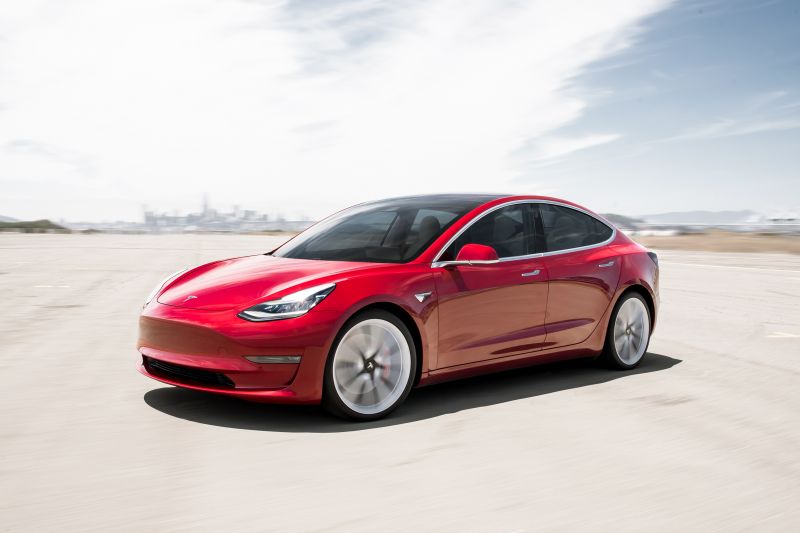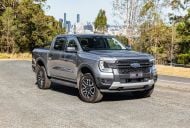Electric cars bring economic benefits for Australians despite owners currently not paying fuel excise or a road tax, according to a new study from Ernst and Young (EY).
Swapping a petrol or diesel-powered car for an electric vehicle brings a benefit of $0.069 for every kilometre driven according to the study, equating to $8763 over an average 10-year life.
“This analysis has found that the uptake of EVs would have revenue benefits to government, and cost benefits to government and society,” the EY report said.
Although they don’t pay fuel excise – a tax accounting for just over 42 cents in the price of every litre of fuel – the report found electric vehicle owners provide $0.011/km more in revenue to the government than internal-combustion vehicle owners.
That benefit comes from:
- Additional GST, luxury car tax, and stamp duty on the purchase of electric vehicles
- Additional income from redistribution of money to more jobs-intensive industries than fuel retailing
- Savings from reduced expenditure on Strategic Fuel Reserve leasing
The report also points to external benefits combining to savings of $0.058/km, such as the health benefits from:
- Reduced greenhouse gas emissions
- Reduced local air pollution
- Reduced noise pollution in cities
These benefits could be undermined as the entry price to electric vehicles drops, lowering the amount of tax collected from LCT and GST.
“You often hear this idea that when someone replaces their petrol engine vehicle with an electric car they reduce their tax, because they don’t pay the fuel excise anymore. This analysis blows that argument out of the water,” said Behyad Jafari, Electric Vehicle Council of Australia CEO.
“Instead toying with the idea of punishing people for buying electric vehicles by charging them additional taxes, the rational thing for government to do would be pull out all stops to encourage transport electrification.”
Because they don’t pay fuel excise, electric vehicles have inspired calls for an overhaul of the way Australia’s network is funded. One possible replacement for the current system is a road tax where, rather than being taxed with fuel excise and registration fees, electric vehicle drivers would pay for their road use based on how far they drive. Owners would be tracked using the odometer in their cars.
Tesla chair Robyn Denholm said a road tax is “actually denying consumers the opportunity of participating in new technology” by discouraging adoption.
However Infrastructure Australia last year pointed to a road tax for all vehicles as one solution for falling income from the fuel excise, the effectiveness of which is undermined by the spread of more fuel efficient cars.
“A national road user charging regime is increasingly regarded as an option for addressing declining fuel excise revenue and a potential future decrease in registration revenue,” an Infrastructure Australia audit says.
“However, in the absence of jurisdictional champions even slow progress in moving towards such a regime has faltered if not stalled.”
Electric vehicles currently account for a tiny segment of the Australian car parc.
With a broader range of options available to buyers, sales grew almost 150 per cent to 5875 in Australia last year. But just 14,500 of the almost 18 million cars on our roads were electric as of the end of 2019.
Tesla is the dominant electric vehicle manufacturer in Australia, with data quoted by the National Transport Commission (NTC) revealing it registered 2950 cars to December 18, 2019.
Given the company tends to push hard with deliveries late in each quarter of the year, it’s likely the final sales figure was comfortably above 3000 when cars sold after December 18 are included.





